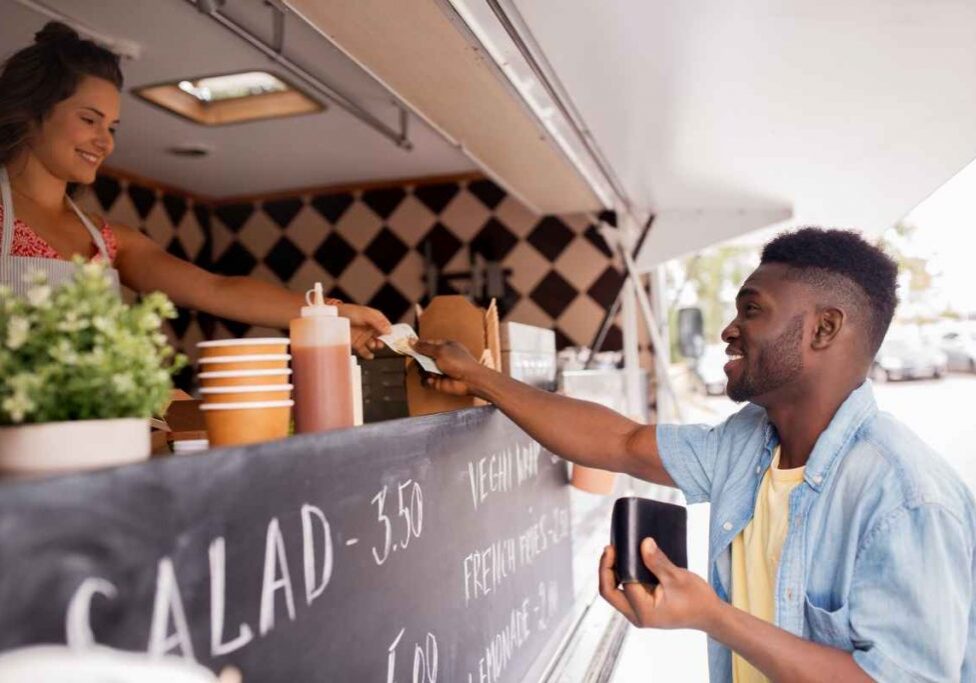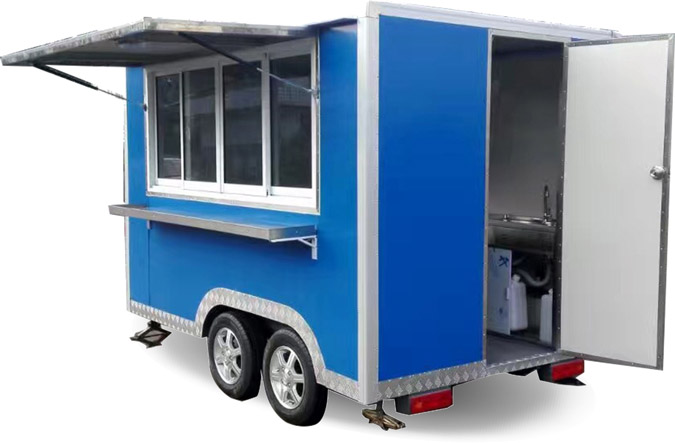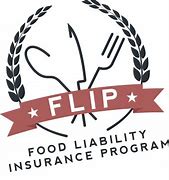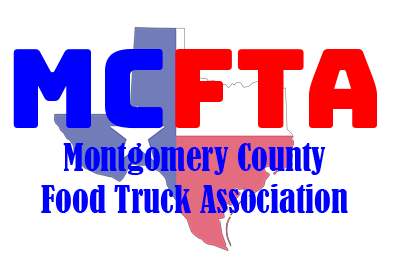
Mobile Food Truck Coverages
Commercial vehicle insurance
This is important coverage for your food trucks and trailers. You should also consider adding physical damage coverage to your policy to protect your vehicle and any permanently attached appliances and equipment.
General liability insurance
This coverage protects your food truck business against various third-party claims, including customer injury and property damage. For example, general liability insurance can help if a customer becomes ill from contaminated food.
Workers’ compensation
Workers’ compensation insurance covers medical costs and a portion of lost wages for employees who become injured or ill on the job. It can also protect your business from being sued by employees for workplace conditions that can cause injury or illness.
Who Needs Food Truck Insurance?
Here are the types of businesses that can benefit from food truck insurance:
- Catering trucks
- Concession trucks
- Ice cream trucks
- Lunch trucks
- Mobile food trucks
- Vending trucks

Other Food Truck Insurance Types
Here are some common small business insurance types to consider:
Commercial auto insurance
Since your food truck is a restaurant on wheels used for business purposes, you’ll need a commercial auto insurance policy. Your personal car insurance policy won’t cut the mustard.
Here are some common commercial auto insurance coverage types:
- Bodily injury liability. This covers injuries to others accidentally caused by you or your employees.
- Property damage liability. This covers property damage to others accidentally caused by you or your employees.
- Combined single limit (CSL). This combines one overall limit for property damage and bodily injury claims against you rather than having two separate limits.
- Medical payments and personal injury protection (PIP). This covers you and your passenger’s medical bills, no matter who is at fault for the car accident.
- Collision insurance. This covers the cost to replace or repair your vehicle if you or your employees get into a car crash. It can also cover permanently attached appliances and equipment.
- Comprehensive insurance. This covers the cost of replacing or repairing your vehicle for problems such as falling objects, fire, floods, theft, and vandalism. It can also cover permanently attached appliances and equipment.
- Uninsured motorist (UM/UIM) coverage. This covers injuries to you and your passengers if a driver without car insurance or someone who doesn’t have enough car insurance to cover medical expenses crashes into you. In some states, you can purchase uninsured motorist property damage insurance to cover damage to your car from an uninsured driver.
Commercial umbrella insurance
Commercial umbrella insurance adds an extra layer of protection on top of your general liability insurance. For example, if your food truck business gets sued for $800,000 and your general liability limits are $500,000, commercial umbrella insurance would cover the $300,000 shortfall.
Employment practices liability insurance
This covers your food truck business for claims such as discrimination, harassment, and wrongful termination. Employment practices liability insurance covers your legal costs, judgments, and settlements.
Equipment breakdown insurance
Your food truck likely relies on equipment such as grills, freezers, and refrigerators. Equipment breakdown insurance covers the cost to replace or repair your equipment due to unexpected breakdowns. It does not cover normal wear and tear.
Food spoilage and contamination insurance
If your refrigerator or freezer breaks down, this covers your “perishable stock” from problems such as equipment breakdown or failure and prolonged power outages. It also covers your business after a food-borne illness outbreak.
The types of expenses that can be reimbursed with food spoilage and contamination coverage include:
- Advertising to help your food truck business restore its reputation
- Cleaning of equipment
- Loss of income due to the shutdown
- Medical tests or vaccinations for affected employees
- Replacing contaminated food
Food spoilage and contamination insurance does not cover problems such as an employee who intentionally unplugs, destroys or disables equipment. For example, you won’t be covered if your employee unplugs a fridge and the food spoils.
Hired and non-owned auto insurance
If you and your employees use a personally owned or rented car for work purposes, this covers property damage and injuries caused to others. For example, if your employee drives a rented van to pick up supplies and causes a car accident.
Inland marine insurance
Inland marine insurance covers your business property, like your equipment, products, and tools while it is temporarily stored at an off-site location or while in transit over land by cars, trains and trucks.
Liquor liability insurance
If your business sells or serves alcohol, liquor liability insurance covers property damage and bodily injuries caused to others by an intoxicated person after you sell or serve them liquor. It covers expenses such as legal costs, judgments, settlements, medical bills, and repair bills.
Liquor liability insurance is also called “dram shop insurance” and is required in most states.
Workers compensation insurance
This covers medical bills, lost wages, and disability benefits if your employees get injured or ill while performing job-related tasks. Most states require workers' compensation insurance, even if you only employ a single worker.

